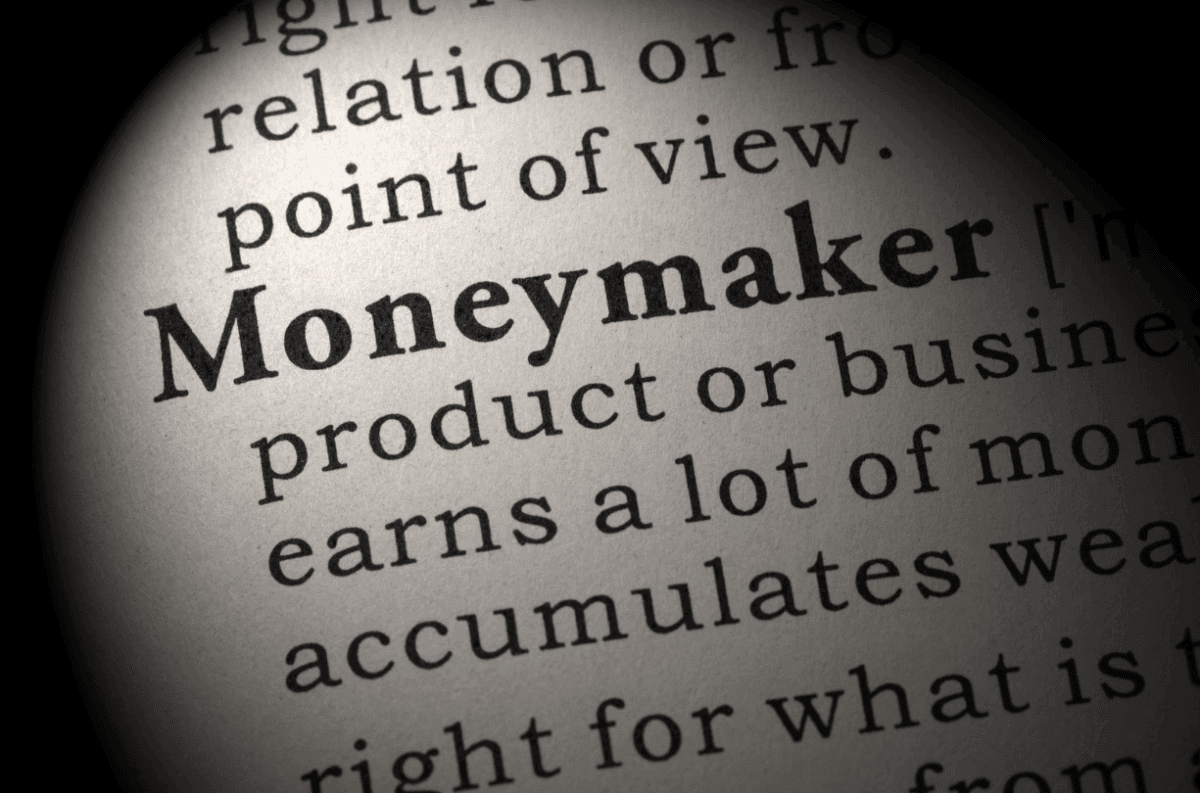In 2003, the poker world witnessed a seismic shift. Chris Moneymaker, an unknown Tennessee accountant, entered the $10,000 World Series of Poker (WSOP) Main Event after winning his seat through a $39 online qualifier on PokerStars.
Against the odds, he triumphed over seasoned professionals, pocketing $2.5 million and sparking a global surge in poker’s popularity. This phenomenon was later dubbed the “Moneymaker Effect” — which, as discussed by Heather Wardle — helped turn poker from a niche pastime into a mainstream, internationally recognized mind sport.
The timing was perfect. Between 2003 and 2006, the so-called “Poker Boom” was already brewing, fueled by better televised coverage from the WSOP and World Poker Tour (WPT), complete with hole-card cameras that let viewers see players’ hidden hands. By 2004, the WPT was broadcast in over 60 countries, attracting an estimated two million viewers per episode in the United States alone. Online poker operators forged sponsorships with major live tours, bridging the gap between virtual tables and casino floors.
What set Moneymaker’s story apart wasn’t just the size of his win; it was the accessibility of the path he took to get there. Anyone with an internet connection could now dream of following in his footsteps. The result was an unprecedented wave of amateur participation in both online and live tournaments, transforming poker’s cultural status and reshaping how the game was perceived worldwide.

Chris Moneymaker’s Cultural Impact with Americas Cardroom
Chris Moneymaker wasn’t the archetype of a professional gambler. Before 2003, he was a self-described wallflower, juggling a day job as an accountant and playing poker recreationally. His entry into the WSOP’s Texas Hold’em Main Event came almost by accident—a casual decision to try an online satellite tournament. What followed was an underdog narrative that resonated deeply with a public primed for rags-to-riches stories. The victory came at a time when online poker was still relatively new.
Television innovations like the hole-card camera gave audiences an insider’s view of strategy and bluffing, making the game more engaging for casual viewers. Seeing an amateur defeat world-class professionals under bright lights helped dissolve the perception that poker was an exclusive club for elite players or casino regulars. Suddenly, poker was a game of skill that anyone could master with enough dedication, study, and nerve.
In interviews, Moneymaker himself admitted he had no idea what his win would set in motion. In the weeks following his victory, he was overwhelmed by autograph seekers, media attention, and celebrity encounters. At meet-and-greets, fans would faint upon seeing him, and poker rooms would erupt into chaos when he entered.
The media frenzy had its costs: his personal life changed dramatically, including the breakdown of his first marriage. Professionally, Moneymaker’s name became synonymous with poker’s explosive growth. His presence at subsequent WSOP events often caused logistical headaches for organizers.
By 2004, demand to play was so high that the Horseshoe casino struggled to seat the flood of new entrants. Even when Moneymaker later played online under an alias on Americas Cardroom, he found success, winning $420,000 in a major tournament, and rediscovered the joy of playing without the public spotlight. This blending of the digital and live arenas reinforced the cultural message of his win: poker was no longer confined to smoky back rooms or Vegas high-roller tables. It was accessible, global, and increasingly competitive.

The Psychology Behind the Moneymaker Effect
At its core, the Moneymaker Effect is a psychological phenomenon built on motivation, aspiration, and social contagion. The most obvious driver was the rags-to-riches appeal.
Watching an everyman achieve life-changing success through skill and nerve tapped into a collective desire for upward mobility. It was the American Dream reframed for the digital age: swap the gold rush for a laptop and a poker account, and you too might hit the jackpot.
This is closely tied to Achievement Motivation, a concept in psychology that explains why people strive toward ambitious goals. Moneymaker’s story provided both extrinsic motivators (money, recognition, the chance to compete with the best) and intrinsic motivators (the intellectual satisfaction of mastering a skill, the thrill of strategic competition). For many, his win validated the belief that poker could be a legitimate, skill-based pursuit rather than just a gamble.
Another key psychological trigger was what we colloquially know as the fear of missing out (FOMO). As televised poker saturated media outlets and online platforms buzzed with tournament updates, more people felt compelled to participate. The notion that “someone like me” could win millions was a powerful hook, and missing the opportunity felt like squandering a once-in-a-lifetime chance.
The Moneymaker Effect also leveraged social proof. The rapid growth of poker communities online, from forums to livestreams, created a reinforcing loop.
New players joined because they saw others doing it, and the swelling numbers gave further legitimacy to poker as a socially acceptable and even aspirational activity. By normalizing poker participation, Moneymaker’s win helped shift the game’s public image from gambling vice to competitive mind sport.
Finally, there’s the psychology of perceived control. Unlike lottery wins, which are entirely luck-based, poker offers players a sense that their choices directly influence outcomes.
Moneymaker’s televised hands showcased strategic bluffs and calculated risks, reinforcing the belief that intelligence, patience, and skill could tilt the odds. This perception dramatically increases engagement because it frames success as attainable through effort, not just chance.
Two decades later, the Moneymaker Effect still echoes through the poker world. While the industry has evolved, integrating AI-driven training tools, cryptocurrency transactions, and global online tournaments, the central lesson remains the same: a relatable hero can inspire millions to take a seat at the table.
For psychologists, it’s a vivid case study in how personal narratives, media amplification, and motivational triggers can combine to transform not just an individual’s life, but an entire industry.


